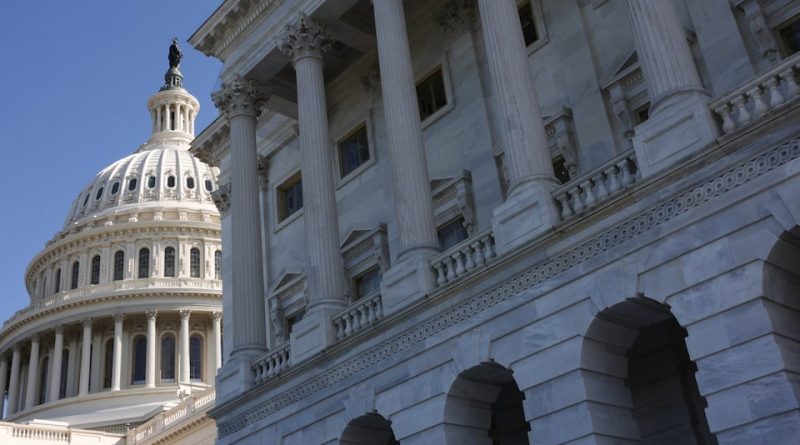U.S. Senate Approves Bill to End Longest Government Shutdown
Washington – The U.S. Senate voted on Monday to end the nation’s longest-ever government shutdown, marking a major step toward restoring normalcy for federal workers and stabilizing the economy. The bipartisan agreement passed with a 60–40 vote, showing rare unity in Washington after weeks of political tension.
The bill now moves to the House of Representatives, where Speaker Mike Johnson is expected to bring it to a quick vote. President Donald Trump has expressed support for the deal, calling it “a very good step for the country.” The approval is seen as a positive signal for the markets and a relief for millions affected by the closure of federal services.
The new legislation restores full funding to government agencies that had been shut down since early October. It also pauses any federal workforce downsizing until January 30, ensuring that no employees lose their jobs during the recovery period. Lawmakers emphasized the importance of maintaining stability for families and businesses nationwide.
Essential services such as healthcare, education, and food assistance programs will resume operations. The deal includes provisions to extend the Supplemental Nutrition Assistance Program (SNAP) through September of next year, preventing any disruption for millions of households. Federal employees, who had gone unpaid for weeks, are set to receive full back pay.
Senate leaders described the agreement as a critical step in rebuilding trust in government operations. They noted that reopening public institutions reflects a shared commitment to responsible governance and the well-being of citizens. “This decision shows that even during challenging times, we can find common ground,” said one senior lawmaker.
The financial markets responded positively to the news. Stocks rallied across Wall Street as investors welcomed the end of uncertainty. Analysts said the decision could boost consumer confidence and help stabilize sectors affected by the shutdown, including travel, retail, and logistics.
Economists expect the reopening to help restore momentum in the U.S. economy. With federal operations resuming, data collection, infrastructure work, and public service programs can now continue without further interruption. Experts say this will aid in accurate policymaking and contribute to overall growth.
President Trump’s administration has pledged to ensure a smooth transition as agencies resume normal activity. He thanked lawmakers for “putting Americans first” and emphasized that bipartisan cooperation is key to maintaining national progress. The President also reaffirmed his focus on economic expansion, job creation, and innovation.
House leaders are preparing to finalize the legislation within the next two days. Once approved, it will be sent to the President for signing, officially ending the record-breaking shutdown. The move is widely expected to receive strong backing across both parties.
Lawmakers from both sides highlighted the importance of continuing discussions on healthcare subsidies and fiscal policy reforms. They agreed that future negotiations should focus on protecting working families and strengthening social safety nets. The compromise bill, while temporary, lays the foundation for more productive dialogue in the coming months.
Across the country, federal agencies are beginning preparations to reopen. Airports, postal services, and national parks are expected to resume full operations within days. The return of normalcy is bringing optimism to millions of citizens who were affected by the closures.
The passage of the bill signals a moment of unity and relief after weeks of gridlock. It shows that effective governance is possible when leaders work with a shared purpose. The end of the shutdown marks not only a return to stability but also a reaffirmation of the strength of American democracy.
The U.S. now looks ahead to renewed growth, cooperation, and resilience as government services come back online. The resolution of this crisis sends a strong message that bipartisanship and accountability remain essential pillars of the nation’s progress.



